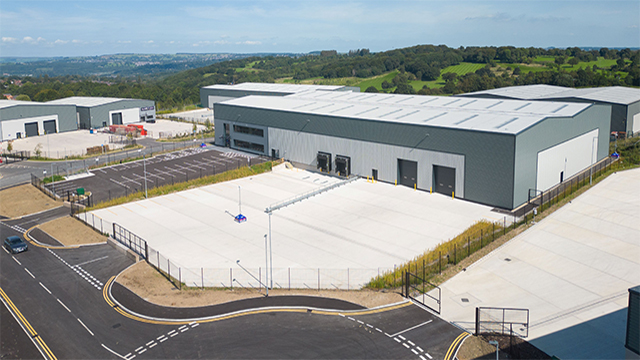Nick Leslau and Mike Brown’s Secure Income REIT has seen its money double since its launch three years ago but has warned against the rising number of new long-income vehicles.
Chairman Martin Moore said: “With a myriad of new long-income vehicles coming to market we are now in a world where, in our judgment, it is easier to raise money than invest it wisely.
“In the rush to build up portfolios we now regularly see buyers loosening their criteria in order to secure deals, but we remain resolute that shareholders’ best interests are served in this climate by being patient and highly selective.”
Almost £1.3bn has been raised by long or secure-income REITs in 2017, targeting the residential and commercial property spheres. Last week EG revealed that the Puma Long Income REIT is also soon to be launched in a £220m IPO. However, some of the funds have failed to hit their targets.
Prestbury Investments chief executive Mike Brown said: “The skill is assembling the right portfolio at the right time. Where we have gained is this early-mover advantage.
“If you start the race today you cannot put the clock back and try to grab the last three years’ performance, that has been and gone. It is much harder now to get the kind of quality of assets that we assembled when there was much less competition.”
The REIT posted very strong results for the six months to the end of June, with portfolio value increasing by 4.8% to £1.7bn, while rents were up by 2.7%. EPRA NAV per share was up a further 9.9% to 35.5p and as risen by 100% since June 2014.
Secure Income REIT started trading in 2014 with a focus on long-leased assets and has built up a substantial portfolio. However, in light of the increasing competition for long-lease assets it has not bought anything for the past six months.
Moore said: “With the outlook for rents in most property sectors now either flat or declining, an increasing amount of capital is bidding for the limited amount of stock that occupies the few remaining bright spots in the market.
“This continues to put upward pressure on our valuations, adding to our returns, but makes sourcing new acquisitions that are accretive to shareholder returns more challenging.”
Brown said Secure Income REIT only raises cash when it has a deal lined up.
“Our competitors are raising cash ahead of investing, and that puts enormous pressure on management to get the cash away. They are the best judge of how comfortable they are with the deals they choose to do, but we just don’t want to put ourselves under that kind of pressure.”
Some 54% of the REITs portfolio is invested in healthcare assets, 34% in leisure and 12% in hotels. Net initial yield stands at 5.2%, while the average lease length is 23 years.
Prestbury Investments, which manages the REIT, has a 16.7% stake in the company, valued at £136m. Brown said there was no intention to sell its stake in the business, as there would be nowhere else to put the cash.
“We see our job more than anything else to call markets,” he said. “Commercial real estate returns are highly correlated to economic growth, and we are in a period of sustained weaker than average economic growth and we think it is an unprepossessing time for conventional property assets.
“At the moment, we genuinely think these long-leased assets are undervalued relative to the rest of the real estate market, so why would we sell? We think we are going to be around announcing not particularly interesting results for the next few years.”
To send feedback, e-mail alex.peace@egi.co.uk or tweet @egalexpeace or @estatesgazette










